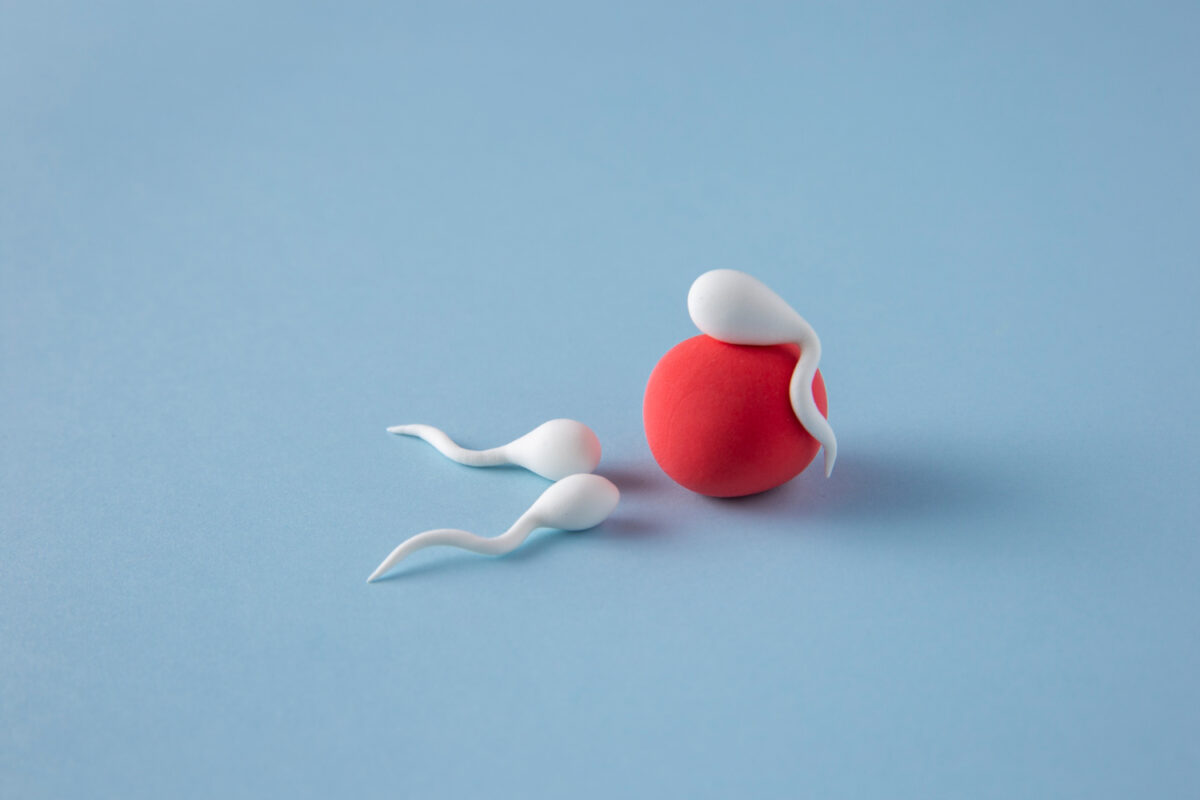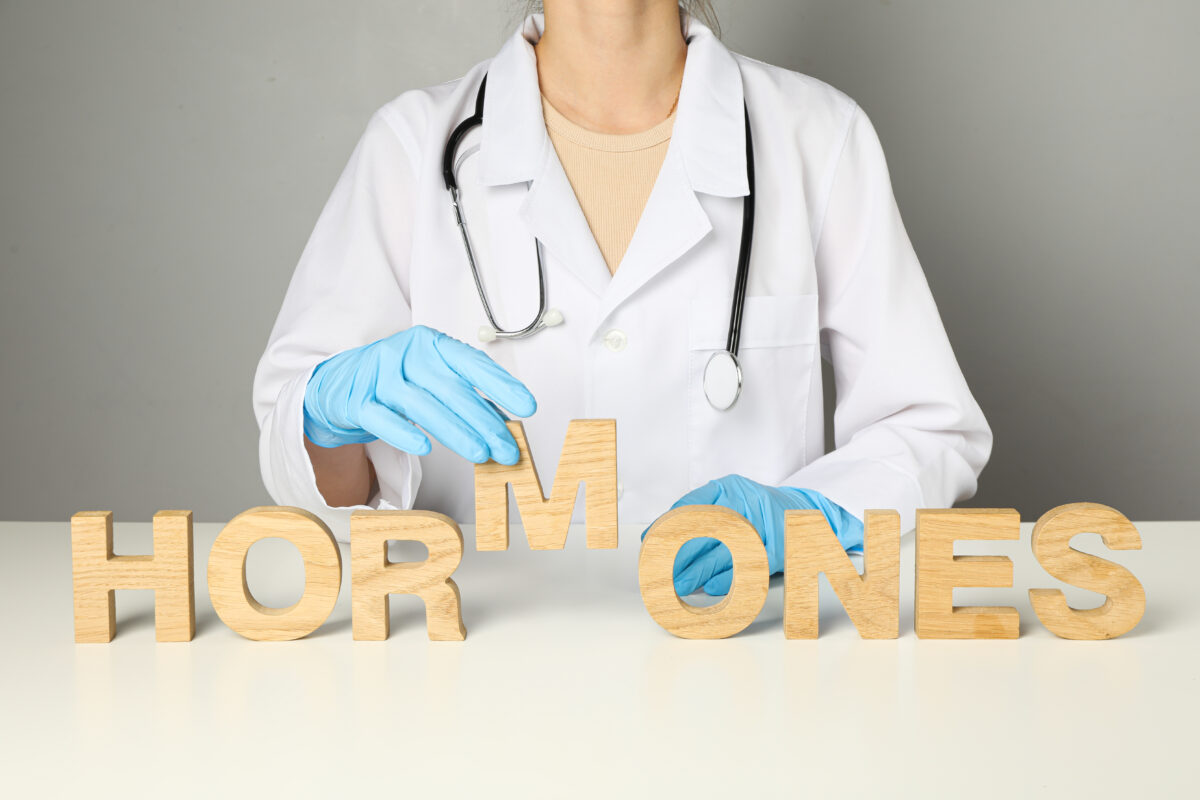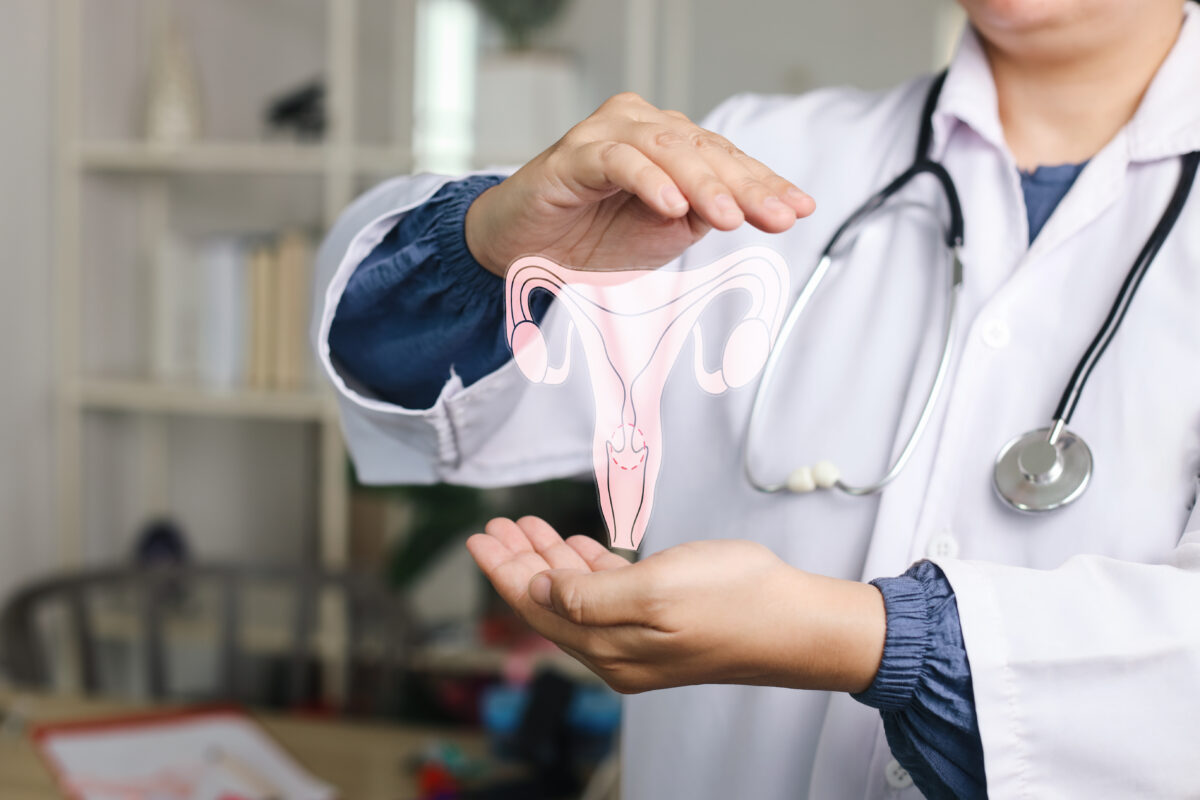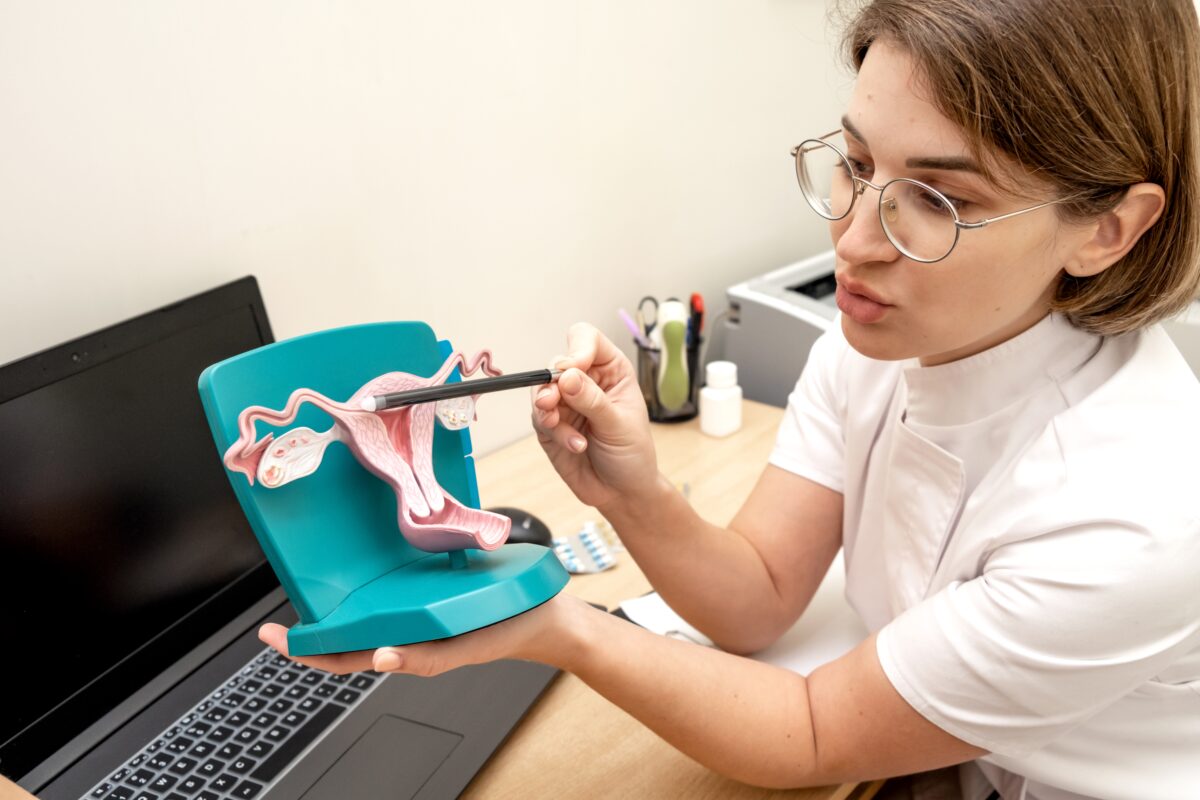On the road to motherhood or even in processes such as egg donation, many women wonder what it means to have quality eggs and how this important factor is determined.
Over the years, science has developed precise methods to assess oocyte quality, considering that it is not only about apparent fertility, but also about objective and specific biological parameters.
What does egg quality mean?
The quality of eggs refers to their ability to be fertilized and give rise to a healthy embryo. Although the number of eggs is an important factor, quality is decisive in the possibility of achieving a successful pregnancy and in reducing the risk of genetic complications.
A good quality egg should have:
- Integral genetic structure: Have 23 correctly formed chromosomes to fuse with the 23 chromosomes of the sperm.
- Functional mitochondria: These are responsible for providing the energy necessary for cell division and embryonic development.
- Adequate membrane: That allows the fertilization process and the correct union with the sperm.
Factors Influencing Egg Quality
- Age: It is one of the main factors that affect oocyte quality. From the age of 35, the quality of eggs decreases significantly due to cellular aging.
- General health: Conditions such as obesity, diabetes, autoimmune diseases, or pelvic infections can influence oocyte quality.
- Lifestyle: Factors such as smoking, excessive alcohol consumption, chronic stress, and poor diet can negatively impact eggs.
- Ovarian reserve: Although having a good number of eggs does not guarantee their quality, the ovarian reserve is an indication of the general reproductive status.
How is egg quality assessed?
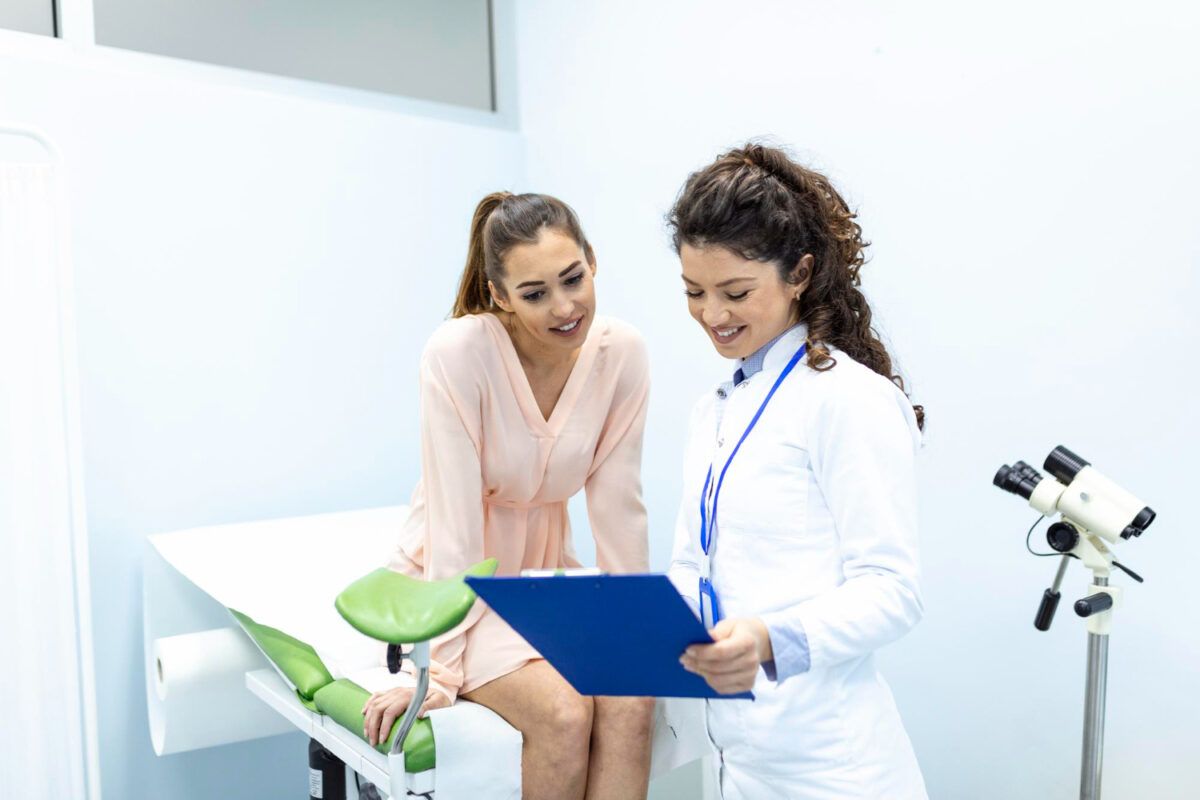
Oocyte quality cannot be observed directly before fertilization, but there are several tests and procedures that allow the evaluation of related parameters:
- Hormone tests:
- Anti-Müllerian hormone (AMH): Assesses ovarian reserve, although it does not measure quality directly, it gives an idea of reproductive potential.
- FSH (follicle-stimulating hormone) and estradiol: High values may indicate a decrease in oocyte reserve and quality.
- Transvaginal ultrasound:
It allows you to observe the number and size of follicles in the ovaries. Although this test is more related to quantity, it can also indicate potential structural issues that affect quality. - Laboratory Egg Evaluation:
During an in vitro fertilization (IVF) treatment, the retrieved eggs are analyzed in the laboratory. Here their appearance, size, maturity and cytoplasmic characteristics are evaluated. - Genetic testing on embryos:
In cases of IVF, a preimplantation genetic test (PGT) can be performed on the embryos, which allows inferring whether the eggs had genetic abnormalities. - Functional tests:
Some studies can analyze the mitochondrial function of eggs to predict their ability to fertilize and develop embryos.
Oocyte quality in egg donation
In the case of egg donation, quality is a critical aspect. For this reason, there are strict criteria, such as age limits (usually between 21 and 34 years old), to ensure that donated eggs have the best chance of generating a successful pregnancy.
This does not imply that women over this age cannot be fertile or conceive, but in the context of donation, specialists must rely on scientific data to maximize the chances of success and protect the health of the recipient and the baby.
What can you do to improve egg quality?
Although oocyte quality is largely influenced by age, and there are no miracle formulas to improve egg quality, there are strategies that can help maintain a good condition:
- Adopt a balanced diet, rich in antioxidants.
- Reduce tobacco and alcohol consumption.
- Maintain a healthy weight.
- Consider supplements such as coenzyme Q10, under the supervision of a specialist.
- Minimize stress and encourage healthy lifestyle habits.
Why is it important to understand egg quality?
The quality of the eggs is a fundamental factor for the success of any fertility treatment. Understanding how it is evaluated allows women to make informed decisions about their reproductive health, whether in the context of preserving their fertility, seeking pregnancy, or considering egg donation.
At Fertivida, we recognize the importance of approaching each case with a personalized approach, based on scientific data and empathetic accompaniment to women and couples on their path to motherhood. If you would like to learn more about oocyte quality or carry out an assessment, we are at your disposal to support you in this process.

